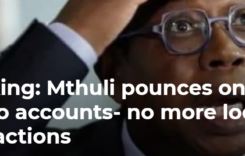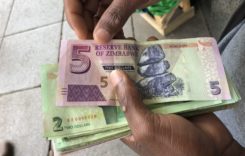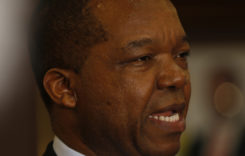Zimbabwean opposition parties are complaining that the public media is not covering them fairly ahead of the July 30 general election.
How are journalists and the media expected to work in helping to deliver a free and fair election?
What are the expectations around issues of fairness and accuracy, the right of reply, diversity and confidentiality of sources?
What rules govern the conduct of the media during elections?
The Zimbabwe Electoral Commission (Media Coverage of Elections) Regulations SI 33 of 2008 is the primary instrument that is used in regulating and monitoring the conduct of the media in covering elections.
The Southern African Development Community ( SADC) has Guidelines on Media Coverage of Elections in the SADC Region document (http://infoaccess.misa.org/wp-content/uploads/sites/27/2016/06/Guidelines_on_Media_Coverage_of_Elections_in_the_SADC_region_.pdf).
The SADC guidelines were inspired and drawn up from several protocols and agreements such as The Windhoek Declaration on Promoting an Independent and Pluralistic African Press (1991), The African Charter on Broadcasting (2001), The SADC Principles and Guidelines Governing Democratic Elections (2004), The Southern African Broadcasting Association: Guidelines and Principles for Broadcast Coverage of Election in the SADC Region (2005) and the African Charter on Democracy, Elections and Governance (2007).
Provisions for Media Coverage
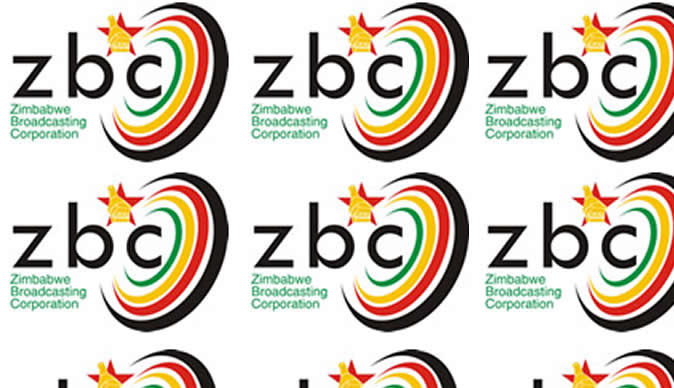
Some of the parameters and standards set out by The Zimbabwe Electoral Commission (Media Coverage) Regulations SI33 of 2008 are:
Public broadcasters
- shall ensure that election programmes to be broadcast during an election period shall include the following programmes— (a) programmes to which political parties or candidates are invited to present their election manifestos and policies to the electorate without being interviewed; (b) programmes in which there are discussions relating to the elections; (c) programmes in which there are interviews with candidates or the representatives of political parties relating to the elections.
- shall ensure that contesting political parties or candidates are treated equitably in the allocation of air time for the broadcasting of election matter.
- shall, during an election period, allocate advertising air time on television and radio to a political party or candidate contesting an election upon payment by the third party or candidate of the amounts stipulated by the broadcaster for the broadcasting of election advertisements generally.
- shall allocate four hours of available purchasable time during an election period for election advertisements which shall be distributed equitably to political parties and candidates contesting the election in question, taking into consideration the number of constituencies being contested by the respective political parties.
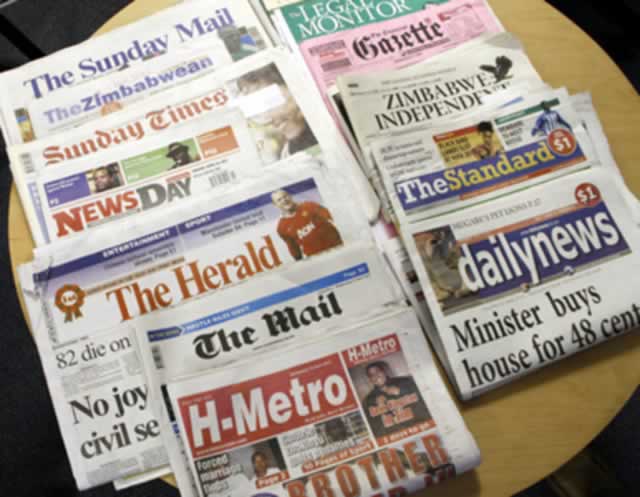
Print publications
- shall not publish any election publication that incites violence or advocates hatred that is based on race, ethnicity, sex, gender, religion or political conviction and that constitutes incitement to cause harm.
- shall offer the same terms and conditions of publication, without discrimination, to all the political parties and candidates contesting an election during an election period.
- advertising rates for election advertisements shall be at the lowest rates offered to persons placing commercial advertisements.
Verdict on Coverage of 2013 election
After the 2013 general elections, the Zimbabwe Electoral Commission (ZMC) released a report detailing the media coverage of the elections highlighting the following:
- The notion of fair, objective and balanced coverage in respect of other political parties as prescribed by SI 33 of 2008 was non-existent. Name-calling, inflammatory and hate language, particularly by guest writers, continued to characterise political coverage.
- Newspapers were clearly partisan and reported as if they were publicity or commissariat arms of certain political parties. This was a very unprofessional conduct by the media.
- In most of the local newspapers, it was difficult to distinguish between news articles and opinion pieces. Most of the articles carried the reporter’s opinion and only preferred individuals were cited or used as news sources or to buttress certain positions.
- Although Zimbabwe has various media outlets, the aspect of plurality and diverse view-points was subdued by the mere fact of third party endorsement of political candidature by media houses.
- The media betrayed its readers and disrespected the readers as voters.
Factsheet compiled by ZimFact researcher Lifaqane Nare, with information drawn from the Southern African Development Community’s Guidelines on Media Coverage of Elections and the Zimbabwe Electoral Commission’s 2013 election report.
Do you want to use our content? Click Here





